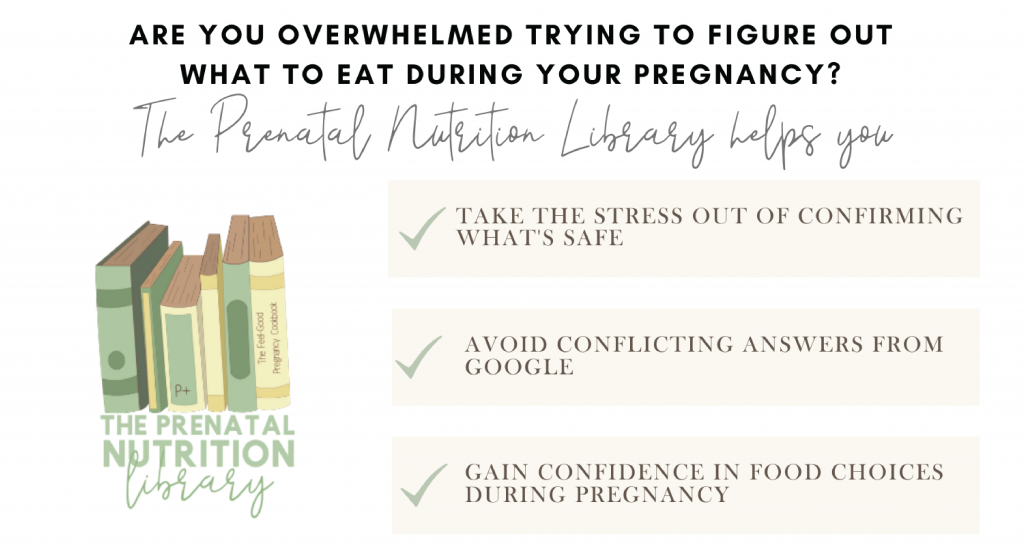Choline was first established as an essential nutrient by the Institute of Medicine in 1998. It has continually been researched and promoted due to its critical role in our health. While its role is rather complicated, it is important for metabolism, gene expression, lipid transport, and cell signaling/communication. Choline and folate actually work together. Like folate, choline helps prevent neural tube defects. So it is important prior to pregnancy and in early pregnancy. Since choline is related to brain development, it makes sense that adequate intake during pregnancy results in improved memory in the child. One study tested kids at age 7; kids had better visual memory if their mothers consumed adequate or even just a more significant amount of choline during their pregnancies. According to the Journal of the American College of Nutrition, only about 10% of women are getting adequate choline. So increased awareness of the need for choline is necessary. The discovery of choline’s importance in 1998 is actually relatively new. Although that seems like a long time ago. Many organizations, supplement companies, nutrition, and health agencies have not caught up on the research. There are some companies out there that add choline to their prenatal vitamins, so look for it! But if not, you may have to take an additional choline supplement or be cautious about eating more choline-rich foods. While more research is still needed, there has been some association found between higher intakes of choline during pregnancy. And also decreased the risk of tumors and tumor growth later on in the babies life. Dietary sources include eggs, beef, chicken, Brussel sprouts, shiitake mushrooms, soybeans (edamame), yogurt, broccoli, kidney beans, and quinoa. Animal sources containing the most abundant amounts. Pregnant and breastfeeding women also need an estimate of 550 mg/day of choline. ___________________________________________________________________________________________________________________________ Looking to ensure your choline needs are being met?5 Facts You Need to Know About Choline
1. Choline has been compared to folate in its importance during pregnancy.
2. Adequate choline intake in pregnancy may result in enhanced memory for life.
3. Only around 10% of people over the age of 2 get adequate choline.
4. Choline is not contained in most prenatal vitamins or multivitamins.
5. Some research suggests adequate maternal choline intake provides infants protection from the development of cancer.

Resources
Zeisel, S. H., & Costa, K. D. (2009). Choline: An essential nutrient for public health. Nutrition Reviews, 67(11), 615-623. doi:10.1111/j.1753-4887.2009.00246.x
Periconceptional Dietary Intake of Choline and Betaine and Neural Tube Defects in Offspring, Gary M. Shaw1, Suzan L. Carmichael1, Wei Yang1, Steve Selvin2, and Donna M. Schaffer3
Choline Intake During Pregnancy and Child Cognition at Age 7 Years, American Journal of Epidemiology, Volume 177, Issue 12, 15 June 2013, Pages 1338–1347, https://doi.org/10.1093/aje/kws395
Taylor C. Wallace & Victor L. Fulgoni III (2016) Assessment of Total Choline
Intakes in the United States, Journal of the American College of Nutrition, 35:2, 108-112, DOI: 10.1080/07315724.2015.1080127Ciappio, E. D., Mason, J. B., & Crott, J. W. (2011). Maternal one-carbon nutrient intake and cancer risk in offspring. Nutrition Reviews, 69(10), 561-571. doi:10.1111/j.1753-4887.2011.00424.x








